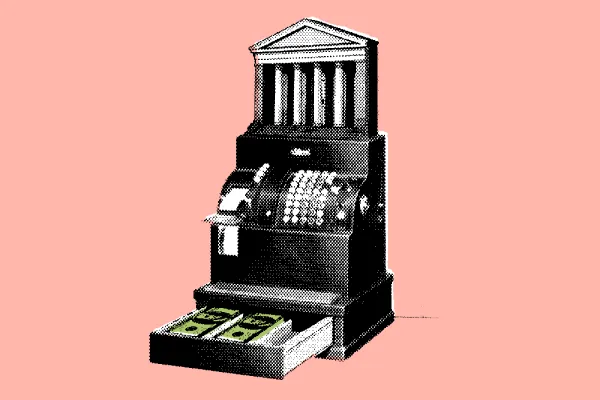Markets appear to be pricing in a victory for Joe Biden in the drawn-out U.S. elections, while taking large-scale fiscal stimulus off the table, according to Man Group’s Peter van Dooijeweert.
“The market, I think, is reflecting a Biden win,” van Dooijeweert, Man’s head of multi-asset solutions, said Wednesday morning in a phone interview. Investors also appear to be betting the U.S. Senate will remain controlled by Republicans — or will at least be “difficult” for Democrats.
President Donald Trump prematurely declared himself the winner during his remarks at a press conference in the early morning hours Wednesday and said he wanted the counting of ballots to stop. Investors had feared a contested election, pricing a ‘blue wave’ into markets that failed to come through on voting day on November 3.
“Big fiscal stimulus is not coming,” said van Dooijeweert. “The global narrative had been fiscal has to take the baton from central banks.”
The 10-year Treasury yield fell Wednesday morning, reflecting investors’ expectations that large stimulus plans they believed would come from a Democratic-controlled Congress are no longer likely, according to van Dooijeweert.
“The idea of a regime shift, lots of stimulus, inflation, is off the table and we can see that in the bond market,” he said. “Markets are pricing out expectations of large-scale stimulus.”
Investors had been anticipating that Democrats would deliver as much as $4 trillion to $5 trillion of stimulus, including temporary relief measures in the pandemic as well as long-term investments in areas such as infrastructure, van Dooijeweert explained. Now it would probably take a “catastrophe” to get massive fiscal stimulus well beyond $1 trillion, he said.
[II Deep Dive: Oaktree Braces for Turmoil as Elections, ‘Economic Strain’ Loom]
While still relatively high, market volatility has come down from levels seen after President Trump’s early morning remarks about the election results, according to van Dooijeweert. He pointed to the Cboe Volatility Index, or VIX, jumping to about 33 around that time, and declining to around 28.5 by around mid-morning Wednesday.
“Vol is now falling” as on Wednesday morning it appeared Biden wouldn’t need Pennsylvania to win the election, said van Dooijeweert. “Pennsylvania was always going to be the source of litigation” in tight results, he explained.
While markets this morning seemed to price in a Biden win, sentiment could suddenly shift, he warned. The “vol market” on Wednesday reflected investors’ belief that the battleground states of Michigan, Wisconsin and Nevada were leaning toward Biden, he said.
On Wednesday afternoon the Associated Press reported that Biden won Wisconsin, saying neither he nor President Trump had yet accumulated the 270 Electoral College votes needed for a victory.
Market volatility will probably remain relatively high after the incumbent President indicated he wanted to prematurely end the election process and economic worries persist in the pandemic, according to van Dooijeweert.
In the meantime, he sees stimulus-related concerns playing out the in the stock market, which was up more than 2 percent on Wednesday afternoon as measured by the S&P 500 index.
“Because the fiscal stimulus seems to be abandoned, ‘value’ is getting destroyed versus ‘growth,’” van Dooijeweert said.







